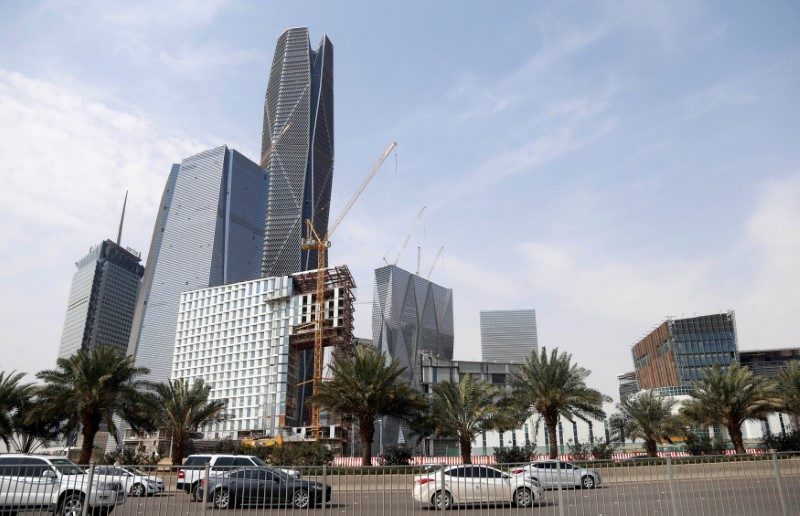Alibaba’s former executive chairman Jack Ma’s family fortune manager Blue Pool Capital invested in a gaming company specializing in nonfungible tokens (NFTs). Regional neighbors are looking into digital currency plans. Japanese officials said they are hoping to clarify whether to issue a central bank-backed digital yen by 2022. Vietnam Prime Minister asked the country’s central bank to research cryptocurrency.
Jack Ma and Joe Tsai’s NFT investment
Blockchain
headlines
The world of blockchain moves fast, and nowhere does it move faster than China. Here’s what you need to know about China’s block-world in the week of June 30 to July 6.
- Game developer and blockchain company Animoca Brands raised $50 million. Investors include Blue Pool Capital, Coinbase Ventures, Gobi Partners, and others. The Hong Kong company, founded in 2014 and valued at $1 billion, focuses on bringing digital property rights to video gamers using NFTs. Blue Pool Capital manages a portion of the $40 billion family fortune of Jack Ma, Alibaba’s former frontman, and $10 billion wealth of Joe Tsai, Alibaba’s executive vice-chairman. The private equity firm was best known for managing Joe Tsai’s purchase of NBA’s Brooklyn Nets. (Venture Beat)
Crypto exchange woes
- London-based bank Barclays notified clients on July 5 that they would stop all UK clients from transferring funds to crypto exchange Binance. The bank told the Financial Times that the decision was to keep the client’s money safe and followed a regulatory warning against the digital asset exchange issued by UK’s Financial Conduct Authority. Founded in China, Binance quickly moved out of the country after it banned crypto trading in 2017. (Financial Times)
- On July 1 Chinese bitcoin trading platform Huobi introduced a 24-hour delay to token withdrawal for all over-the-counter (OTC) trades. OTC trades are trades that happen directly between two parties without an intermediary such as a bank or exchange. The exchange’s decision aligns with China’s ongoing crackdown on OTC crypto trades. China banned crypto trading in 2017 while allowing OTC trading. According to Huobi, the new restriction on withdrawals will protect user assets and prevent losses caused by the inflow of risky funds. (CoinTelegraph)
Japan’s digital yen plan, Vietnam studies crypto
- Officials from Japan said the country will get more clarity on what to expect from a digital yen by 2022. Hideki Murai, who heads the ruling Liberal Democratic Party’s panel on digital currencies, told Reuters that “while no immediate decision will be made on whether to issue a CBDC, more details on its design may spur debate on how CBDC issuance could affect financial institutions.” CBDC refers to central bank digital currency. (Reuters)
- Vietnam Prime Minister Phạm Minh Chính asked the country’s central bank to study and put through pilot projects on cryptocurrency in the next two years, local news reported on July 3. It is unclear whether the country plans to launch its own digital currency. Vietnam banned using bitcoin as payment in 2018. The central bank has not granted licenses for any cryptocurrency trading platforms. (Vietnam News)
Digital yuan trials
- The Beijing Subway began digital yuan trial on June 30, accepting the central bank-backed digital currency for payments throughout the whole rail transit system. Subway passengers can use the Industrial and Commercial Bank of China’s mobile app to pay their fares. A new subway line in the eastern city of Suzhou, Metro Line 5, also started accepting payments through digital yuan. Passengers can use a mobile app to scan designated QR codes to purchase tickets. (Beijing Subway, Sina Finance in Chinese)
- The Chengdu government announced on July 2 that it is issuing RMB 12 million ($1.85 million) digital yuan through a lottery as part of a trial to promote the digital currency. The free digital money recipients, 100,000 residents, can use it for low carbon transportation services, including buying subway and bus tickets and shared bike rides. (The Block)
Feedzy





